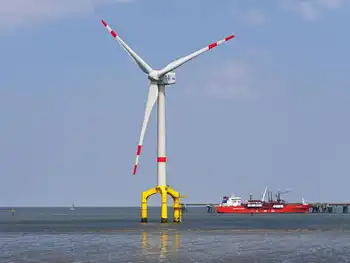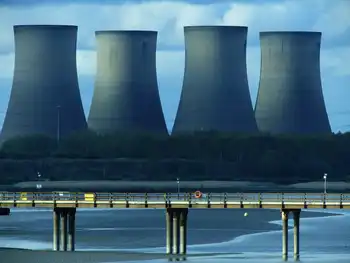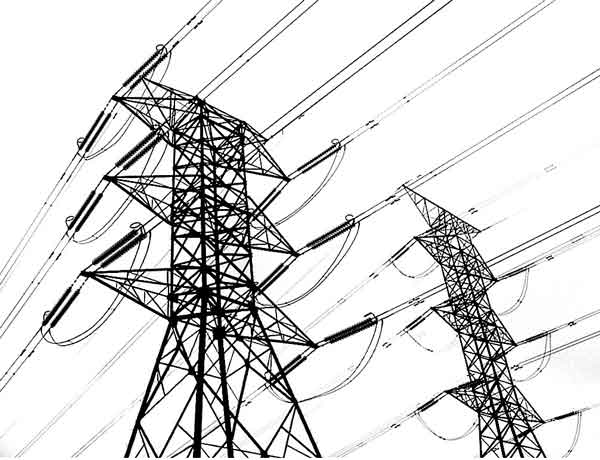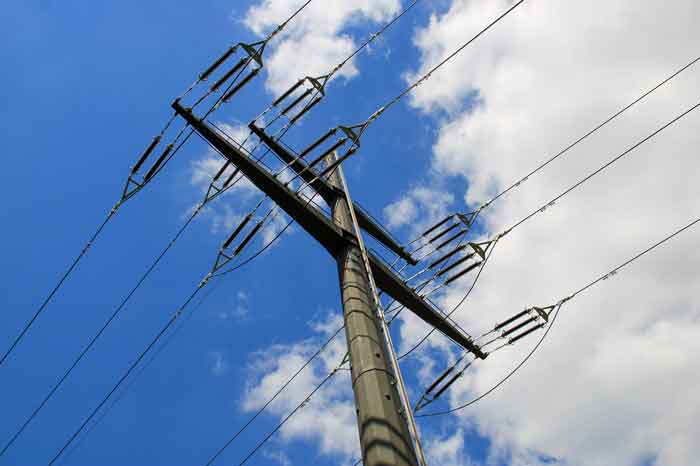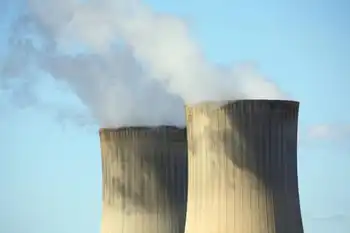Big manufacturers give Sierra Club a reality check
By Restructuring Today
NFPA 70b Training - Electrical Maintenance
Our customized live online or in‑person group training can be delivered to your staff at your location.

- Live Online
- 12 hours Instructor-led
- Group Training Available
Sierra Club filed a petition to that end in the case of a permit application from an electric cooperative utility for a coal-fired power plant in Utah.
The National Rural Electric Cooperative Association (NRECA) came out against the petition, too, arguing that its members can make some headway with efficiency and renewables - but they can't meet the entire demand for power that way. Some generation from traditional sources such as coal is needed to keep their customer's lights on, said the co-op association.
"NRECA believes this case should not be decided in a vacuum where climate change concerns overwhelmingly trump all other considerations," it said in its filing.
NAM and those that joined it, argued that because CO2 is emitted much more than pollutants that the Clean Air Act covers, adding it to the mix would swamp regulators.
"The Clean Air Act does not allow the permitting process to be turned into an all-purpose weapon against new energy production," said NAM Vice President for Litigation and Deputy General Counsel Quentin Riegel.
EPA's rules apply to large stationary sources such as power plants - but if CO2 were added to its regulatory purview, sites such as big box retailers and schools could end up having to apply for EPA permits, he added.
The agency gave the permit - without making the plant account for CO2 emissions - but Sierra Club filed a petition for review with the agency's Environmental Appeals Board.
The environmental group argued that the Supreme Court's decision in Massachusetts v. EPA mandated the agency regulate all CO2 emissions.
NAM and others disagreed. The court ruled that the EPA has only the right to regulate emissions coming from new automobiles and the Environmental Appeals Board has ruled using similar arguments in an earlier case.
It would be better to come up with CO2 emissions limits through the normal legislative and regulatory processes - than trying to mold existing rules to do the job, NAM argued.






